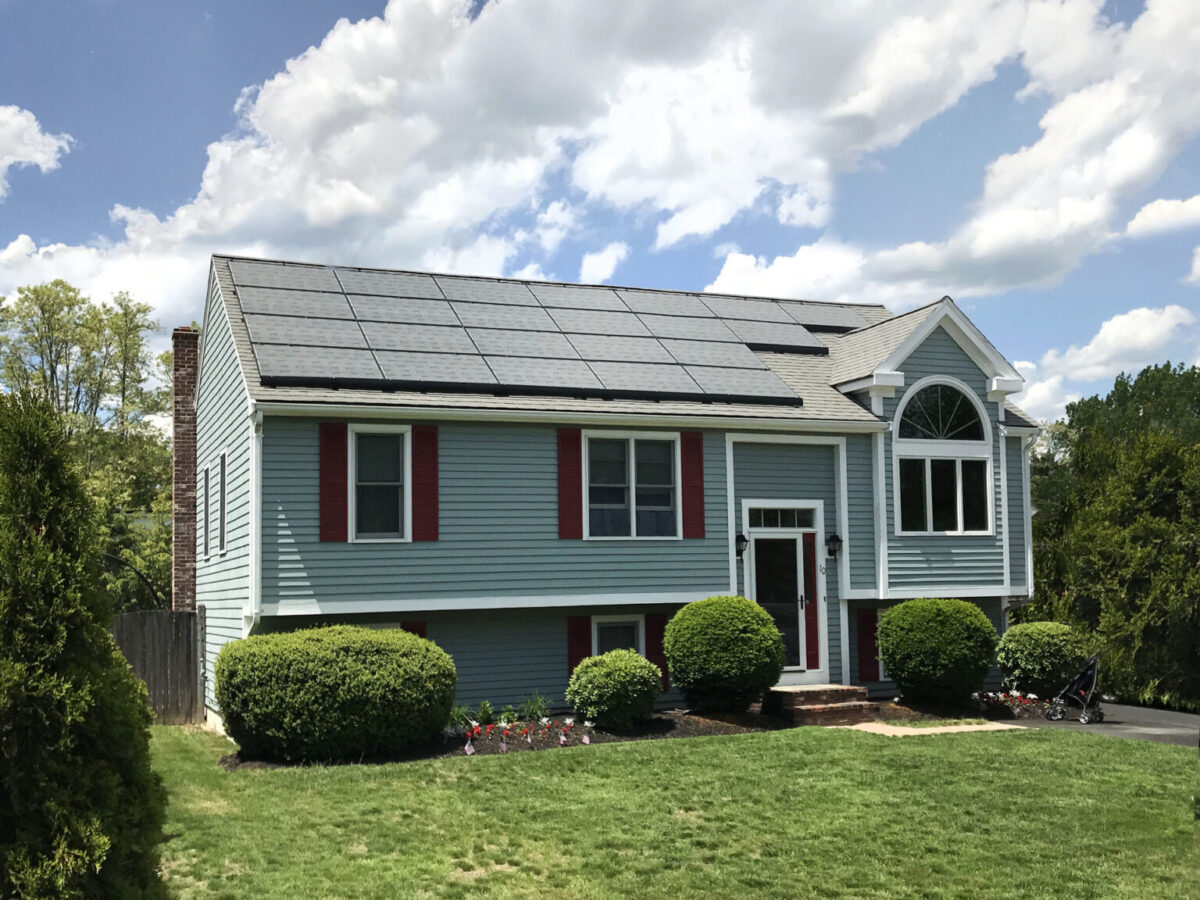
Democrats pushed climate action. Then utility bills skyrocketed.
Electricity bills are biting lawmakers in coastal, Democratic-leaning districts.www.politico.com
Or is it actually that the fossil fuel industry conspired to limit production so fossil fuel prices will rise then they can run Faux News on why green energy that reduces fossil fuel demand somehow raises fossil fuel prices. Seems totally opposite of how markets work.
Oh, must be green agenda that says to maximize profit, nothing to do with green movement. LOL

Natural-gas prices jump more than 12% after Chesapeake cuts production outlook
Natural-gas futures ended sharply higher Wednesday after Chesapeake Energy, a major shale producer, cut its production outlook.










